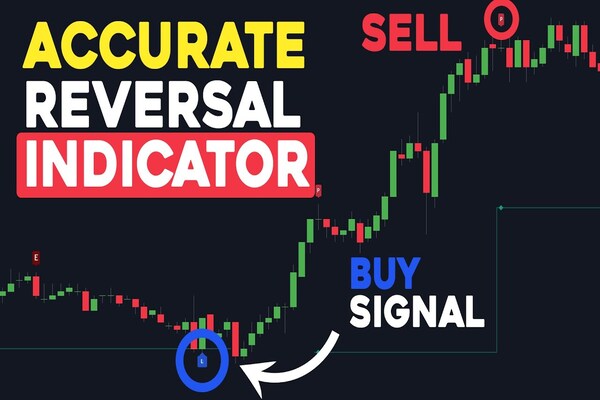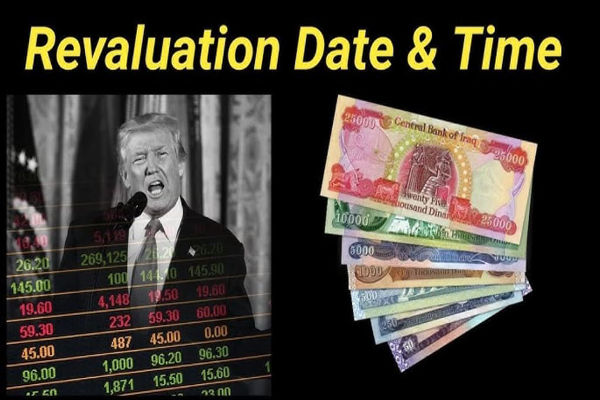Contractual hedging means that when an enterprise has an exposure position,
it can generate an opposite exposure position by buying and selling various
trading contracts in the currency market, the Forward exchange market, the
forex currency futures market, and the forex currency options market, thus
making the total position of the enterprise zero.

The hedging products of international finance mainly refer to commonly used
financial derivative products, such as forward contracts, futures contracts,
option contracts, swap contracts, and forward settlement and sales of forex.
The volatility of the forex market is high, and changes in
exchange rates may have adverse effects on enterprises, investors, and financial
institutions. To reduce this risk, participants can choose contractual
hedging.
The basic principle of contractual hedging is to lock in specific exchange
rates by signing contracts to protect oneself from future
exchange rate fluctuations. These contracts are usually provided by financial
institutions and can be futures contracts, option contracts, or other derivative
contracts. The specific form and terms of a contract depend on the needs of the
participants and market conditions.
Futures contracts are like a safety net for many traders. They let you agree to buy or sell something at a set price, but you don't have to do it until a later date. This means you can lock in a price now, which helps protect you from changes in exchange rates down the road. Plus, futures contracts give you the chance to make bigger trades with less money upfront, thanks to something called leverage.
Option contracts are another common contractual hedging tool. It gives
participants the right to purchase or sell forex at a specific price
at a future date, rather than an obligation. Participants can choose whether to
exercise this right, depending on market conditions. Option contracts can
provide greater flexibility as participants can decide whether to exercise their
rights based on market changes.
Forward contracts are not traded on standardized exchanges and are often
traded or signed between two financial institutions or between financial
institutions and their corporate clients. They are agreements to purchase or
sell an asset at a fixed price at a certain future time.
The advantage of contract-based hedging is that it can help participants
reduce trading risk and protect funds from the impact of exchange rate
fluctuations. It can also provide greater flexibility and leverage, enabling
participants to better manage risks and leverage market opportunities. However,
contractual hedging also carries some risks, including the uncertainty of
contract prices and the cost of contract execution.
In summary, contract hedging is a common risk management strategy in the
forex market that locks in specific exchange rates by signing
contracts to protect participants from future exchange rate fluctuations. It can
provide flexibility and leverage, helping participants better manage risks and
leverage market opportunities.







